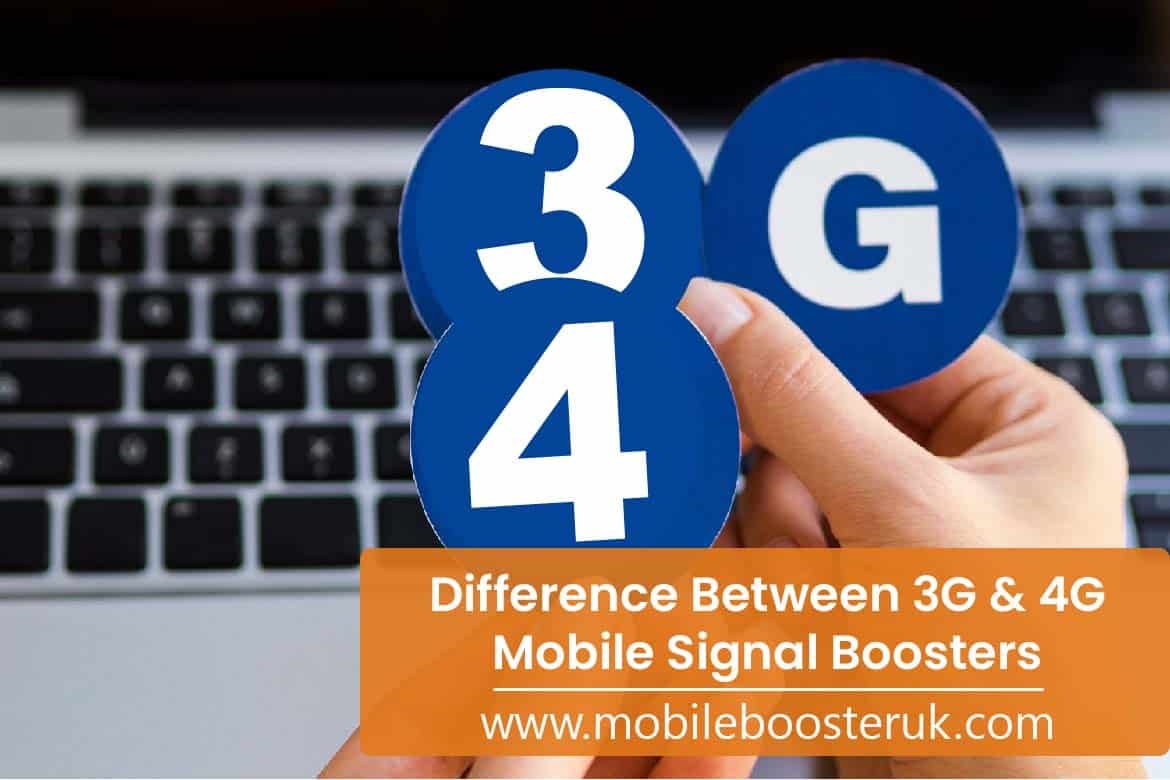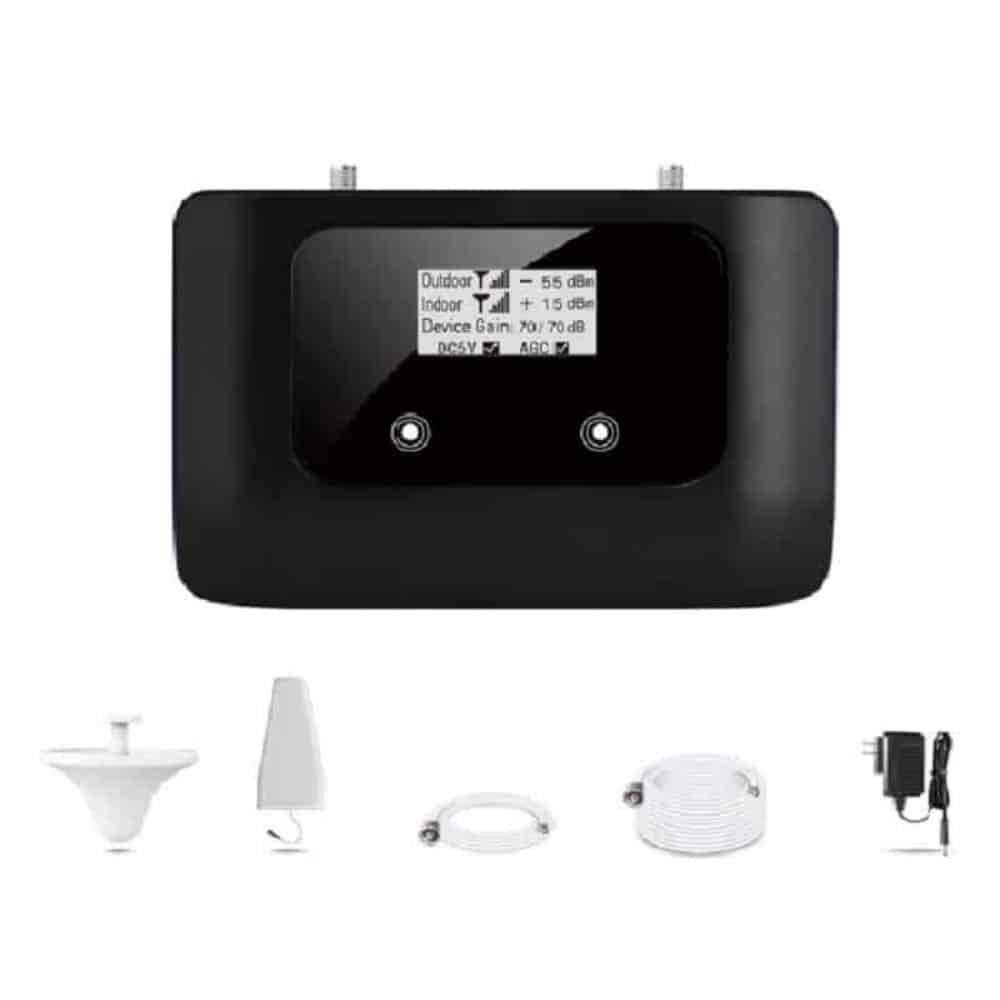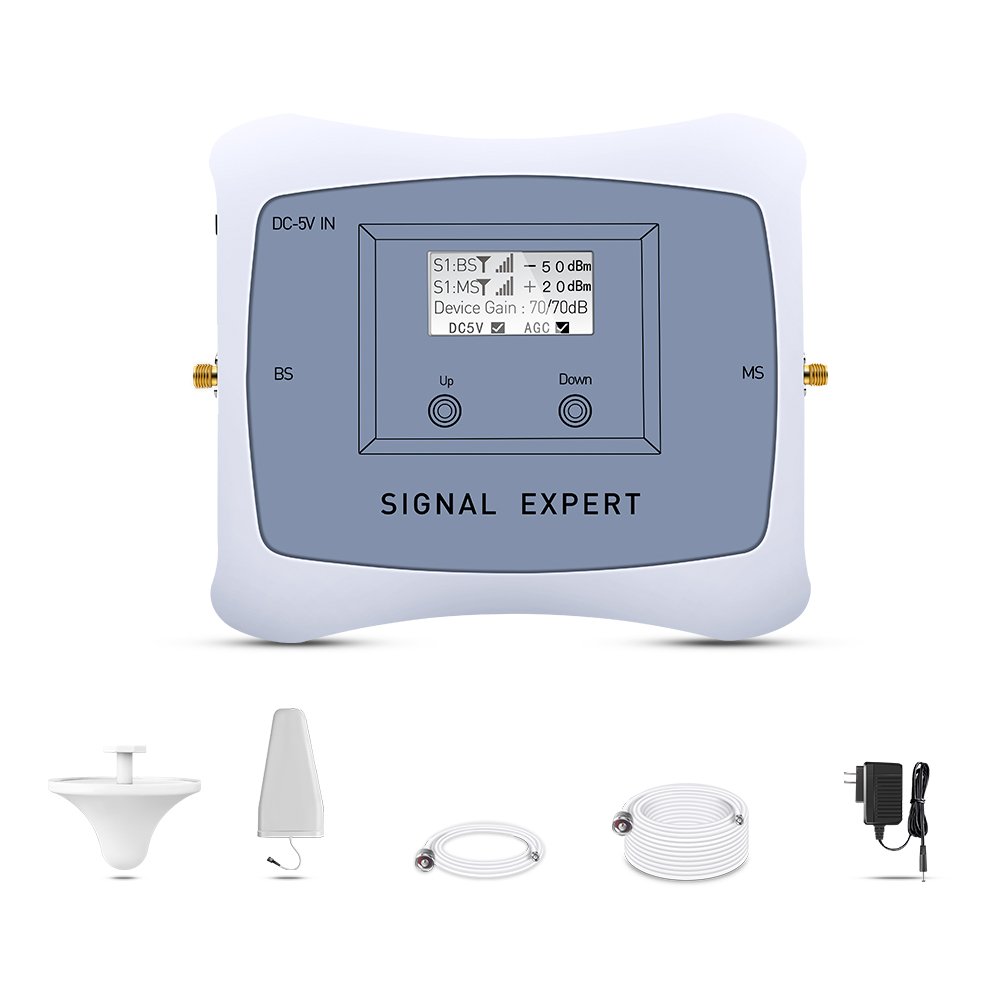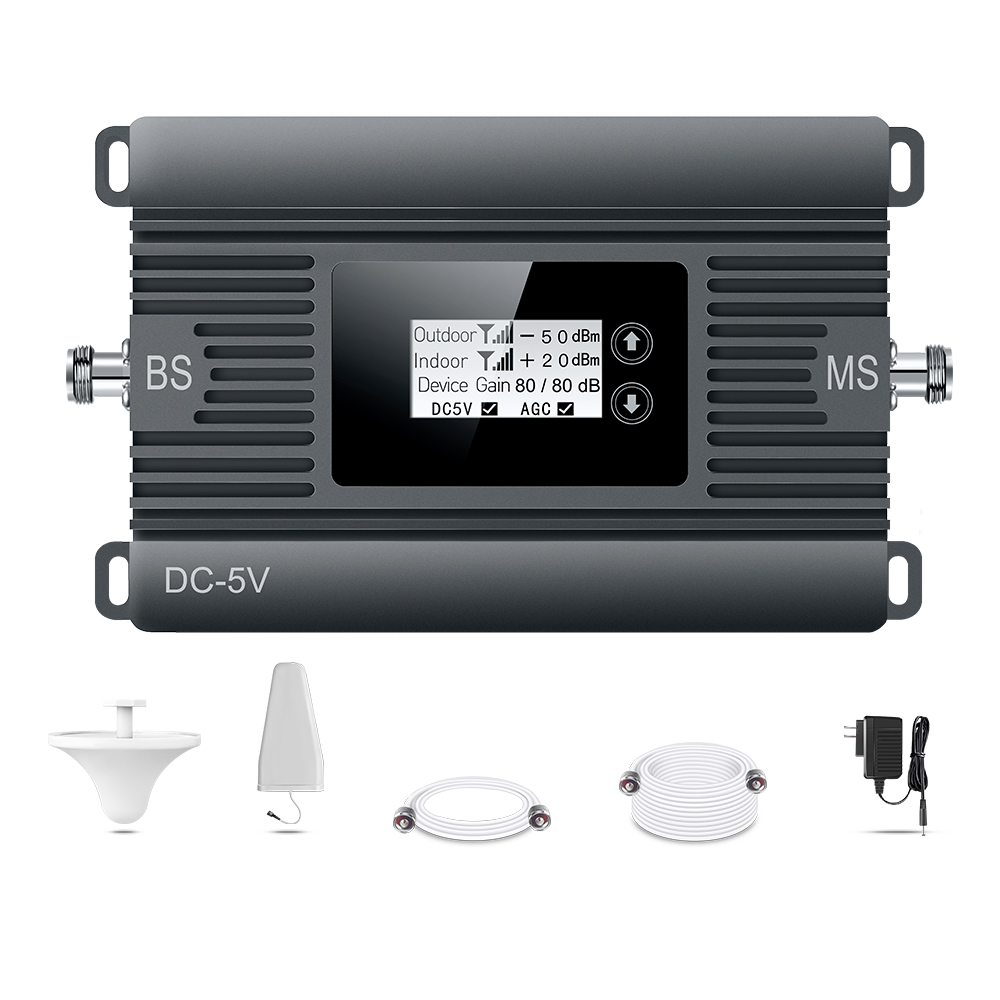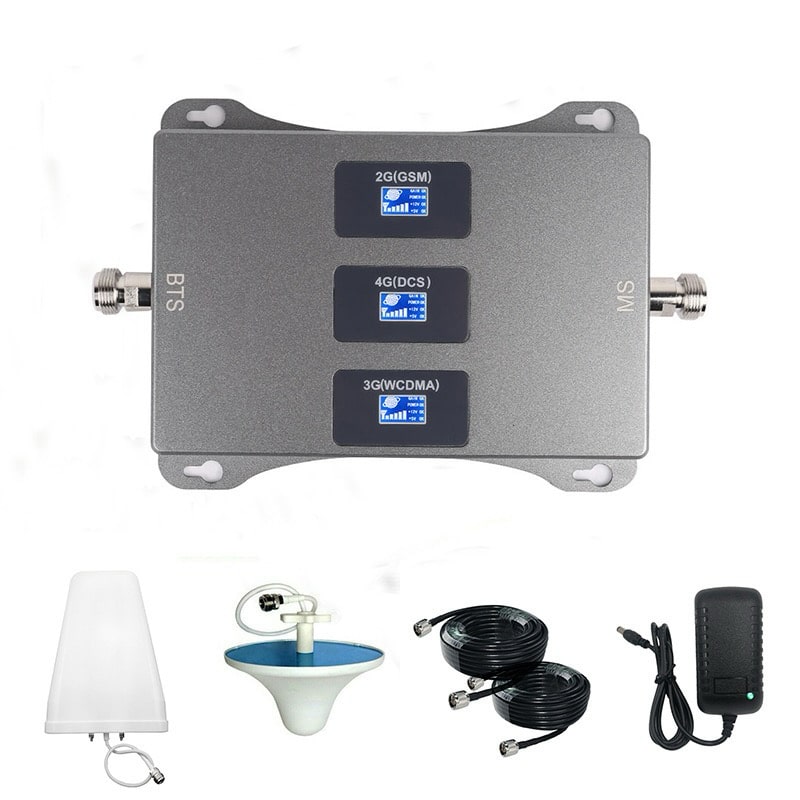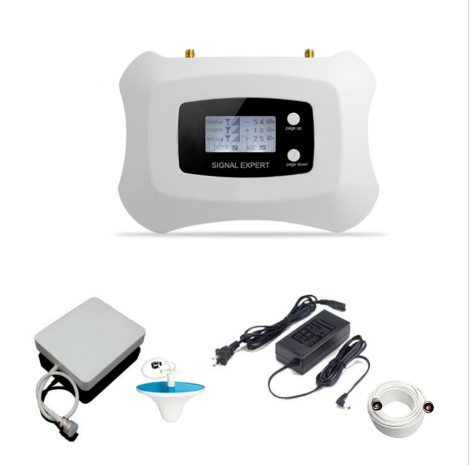Difference Between 3G and 4G Mobile Signal Boosters
As mobile technology continues to evolve, so does the need for reliable and faster cellular connectivity. In the United Kingdom, 3G and 4G networks have been the backbone of mobile communication for several years. To enhance signal strength and overcome coverage limitations, mobile signal boosters have become popular solutions. This article aims to shed light on the difference between 3G and 4G mobile signal boosters in the context of the United Kingdom, highlighting their capabilities, benefits, and compatibility with existing network infrastructure.
Understanding 3G Technology
3G, or third-generation technology, was a significant leap forward in mobile communication. It offered faster data speeds, improved call quality, and facilitated the introduction of mobile internet services. In the United Kingdom, 3G networks have provided reliable connectivity for voice calls, messaging, and internet access. A 3G mobile signal booster is designed specifically to amplify and enhance 3G signals, improving coverage and signal strength for devices operating on the 3G network.
Benefits of 3G Mobile Signal Boosters
- Extended Coverage: 3G signal boosters are ideal for areas with weak 3G signals or coverage gaps. They amplify the existing 3G signals, ensuring a stronger and more reliable connection throughout the coverage area.
- Improved Voice Call Quality: With a 3G signal booster, users can experience clearer voice calls, reduced call drops, and improved call stability. This is especially beneficial in areas with marginal 3G coverage. This is because in many places many cellular service providers provide their voice call services on the 3G frequency bands.
- Faster Mobile Internet: A 3G signal booster enhances data speeds, enabling faster mobile internet access, smoother browsing, and improved app performance for devices relying on 3G connectivity.
Introducing 4G Technology
4G, or fourth-generation technology, brought about a significant advancement in mobile communication. It offers even faster data speeds, lower latency, and enhanced capacity for multimedia content. In the United Kingdom, 4G networks have become increasingly prevalent, providing users with faster internet access, video streaming capabilities, and advanced mobile services. A 4G mobile signal booster is designed to amplify and enhance 4G signals, enabling improved coverage and stronger connectivity for devices operating on the 4G network.
Benefits of 4G Mobile Signal Boosters
- Enhanced Data Speeds: 4G signal boosters provide faster download and upload speeds, allowing for seamless streaming, smoother video calls, and quicker access to online content. This is particularly advantageous for data-intensive applications and services.
- Improved Video Streaming: With a 4G signal booster, users can enjoy uninterrupted HD video streaming, reduced buffering, and enhanced video call quality. This is beneficial for individuals who rely on high-quality video communication or entertainment.
- Expanded Network Capacity: 4G signal boosters help alleviate network congestion by improving signal strength and connectivity. This leads to a more reliable and consistent network experience, even in densely populated areas or during peak usage periods.
Compatibility Considerations
When choosing a mobile signal booster, it is crucial to consider compatibility with the network infrastructure in the United Kingdom. As 4G networks continue to expand, it is advisable to select a signal booster that supports both 3G and 4G frequencies. This ensures compatibility with current and future network technologies, enabling seamless connectivity across different network generations.
Network Provider Compatibility
Mobile signal boosters should also be compatible with the network provider(s) in the United Kingdom. Providers operate on various frequency bands. Mainly cellular service providers in the UK i.e., O2, EE, Vodafone, Three, iD, GiffGaff, Tesco, BT, and Virgin use 800 MHz, 900 MHz, 1800 MHz, and 2100 MHz frequency bands. It is essential to select a signal booster that supports the specific frequencies used by the preferred network provider(s). This ensures optimal performance and maximum signal enhancement for the chosen network(s).
Multi-Band Signal Boosters
To address the varying frequency bands used by different network providers in the United Kingdom, multi-band signal boosters can be a versatile option. These boosters support multiple frequency bands, including those used for 3G and 4G networks, offering broader compatibility across different providers and network generations.
Legal Considerations
It is important to note that not all signal boosters may be legal for use in the United Kingdom. Compliance with regulatory requirements, such as those set by Ofcom, is crucial to ensure the legality and proper operation of signal boosters. Users should verify that the signal boosters they choose comply with the relevant regulations to avoid any legal complications. Our signal boosters are built in conformance with the guidelines of Ofcom. Hence, you can use them for both personal and commercial purposes in the United Kingdom.
Easy & Quick Installation
While some signal boosters are designed for easy installation, complex setups or larger-scale deployments may benefit from professional installation. To make it easy and user friendly we have built our mobile signal boosters that are very easy to install and use. You can install them in less than 15 minutes without any special tools or technical skills. Our mobile signal boosters come with a mobile signal booster installation guide that helps you install our signal booster correctly and quickly.
Signal Booster Range and Coverage
Consider the range and coverage capabilities of signal boosters when selecting one for a specific application. Some boosters may cover smaller areas, such as a single room or vehicle, while others are designed for larger coverage areas, such as multiple floors or buildings. Assessing the desired coverage area and selecting a signal booster with an appropriate range is essential for optimal performance. Our signal boosters can cover 300 SQM, 500 SQM, 1000 SQM, and 5000 SQM areas. Choose the one that fits your needs. Even if you need to cover more area then do contact us for a customised solution.
Network Provider Support
It is advisable to consult with network providers in the United Kingdom to inquire about their support and recommendations regarding signal boosters. Providers may offer specific guidelines, compatible devices, or suggestions for optimal signal booster performance on their networks. This collaboration can ensure that the selected signal booster aligns with the network provider’s requirements and maximizes the benefits of enhanced connectivity. We have got you covered and our mobile signal boosters are compatible with all the network providers in the United Kingdom.
Conclusion
Mobile signal boosters offer valuable solutions to enhance cellular connectivity in the United Kingdom. Understanding the difference between 3G and 4G mobile signal boosters is crucial for selecting the appropriate solution based on individual needs and requirements.
Whether amplifying 3G signals for extended coverage or enhancing 4G signals for faster data speeds, signal boosters play a vital role in improving connectivity and overcoming coverage limitations.
By selecting the right signal booster and ensuring compatibility with the network infrastructure and preferred network provider(s), users can enjoy enhanced signal strength and a more reliable mobile communication experience throughout the United Kingdom.
Buy your mobile signal booster today and enjoy better, faster and stronger mobile signal reception. If you have any questions regarding any of our products please contact us.
